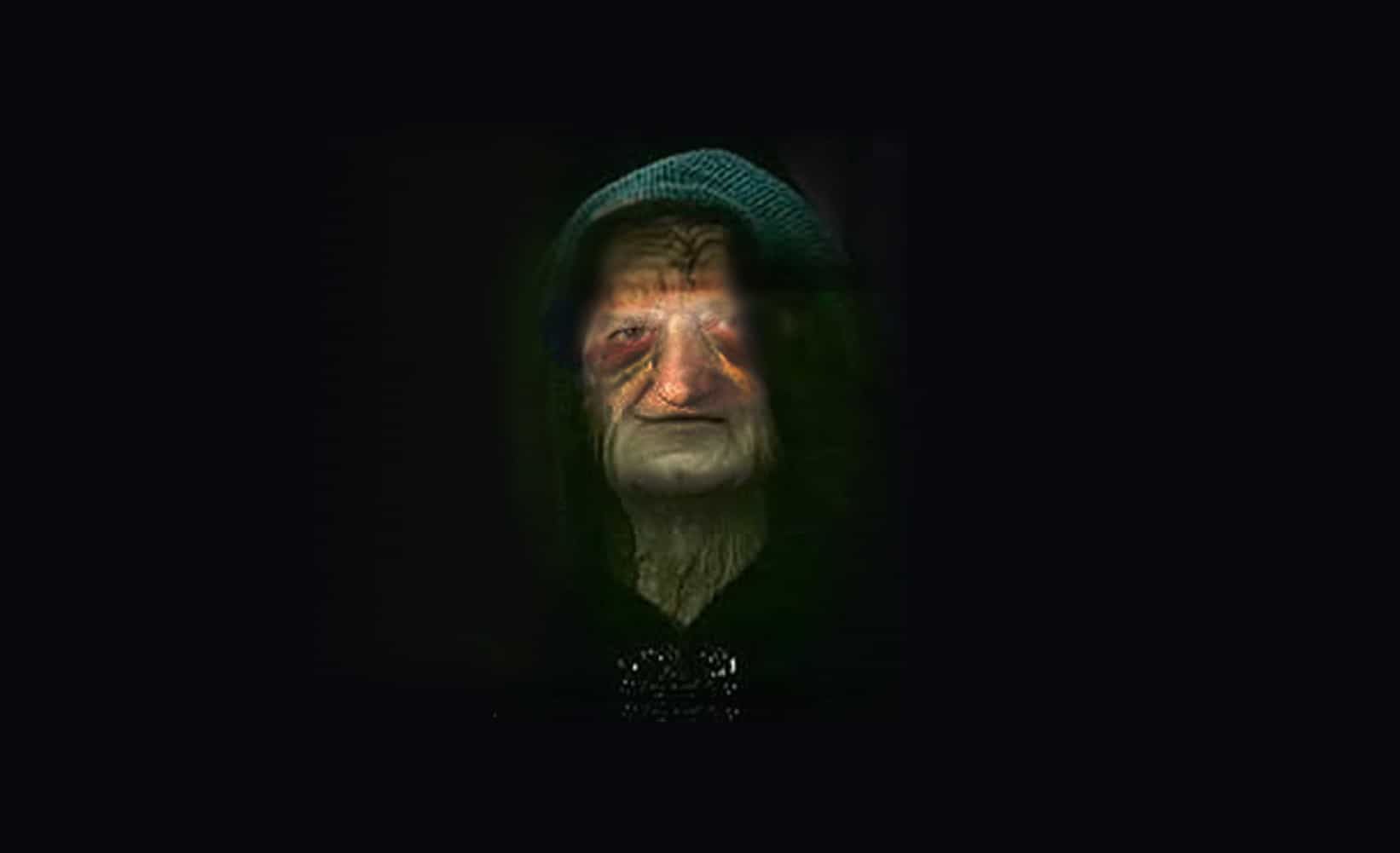Black Breath of the Nazgûl
AKA Phillip Ruddock AKA ‘Dock Vader
How dare ordinary ‘people’ have “views!”
Asked on Southern Cross radio whether the case was a mess, he replied:
“No, what I think has happened is that people who have views about the nature of the law are determined to try and bring it into disrepute. That’s what I think is happening.”
Yes, that is exactly what is happening in some quarters.
Those who believe that they own the law and that the law is a tool for re-election, or for legal validation of unethical and immoral policy, or for the pursuit of personal agendas, are certainly bringing it into disrepute.
Elsewhere, what is happening is that — by revealing information about the way the law is being used and abused, and by debating processes and procedures — people who care about the law and its already tenuous relationship with “justice” are illustrating how the law is a bad law, how the law is being used disreputably and how the law in general is being debauched by the government and its stooges.
For your interest, if any, here are the relevant sections of the Crimes Act that relate to Haneef’s charge:
102.7 Providing support to a terrorist organisation…..
(2) A person commits an offence if:
(a) the person intentionally provides to an organisation support or resources that would help the organisation engage in an activity described in paragraph (a) of the definition of terrorist organisation in this Division; and(b) the organisation is a terrorist organisation; and(c) the person is reckless as to whether the organisation is a terrorist organisation.
Penalty: Imprisonment for 15 years.
_________________
terrorist organisation means:(a) an organisation that is directly or indirectly engaged in, preparing, planning, assisting in or fostering the doing of a terrorist act (whether or not a terrorist act occurs); or
(b) an organisation that is specified by the regulations for the purposes of this paragraph (see subsections (2), (3) and (4))._________________
“member” of an organisation includes:
(a) a person who is an informal member of the organisation; and
(b) a person who has taken steps to become a member of the organisation; and
(c) in the case of an organisation that is a body corporate–a director or an officer of the body corporate.
_________________
terrorist act means an action or threat of action where:
(a) the action falls within subsection (2) and does not fall within subsection (3); and
(b) the action is done or the threat is made with the intention of advancing a political, religious or ideological cause; and (c) the action is done or the threat is made with the intention of:
(i) coercing, or influencing by intimidation, the government of the Commonwealth or a State, Territory or foreign country, or of part of a State, Territory or foreign country; or
(ii) intimidating the public or a section of the public.
_________________
(2) Action falls within this subsection if it:(a) causes serious harm that is physical harm to a person; or
(b) causes serious damage to property; or
(c) causes a person’s death; or(
d) endangers a person’s life, other than the life of the person taking the action; or
(e) creates a serious risk to the health or safety of the public or a section of the public; or(
f) seriously interferes with, seriously disrupts, or destroys, an electronic system including, but not limited to:
(i) an information system; or
(ii) a telecommunications system; or
(iii) a financial system; or
(iv) a system used for the delivery of essential government services; or
(v) a system used for, or by, an essential public utility; or
(vi) a system used for, or by, a transport system.
(3) Action falls within this subsection if it:
(a) is advocacy, protest, dissent or industrial action; and
(b) is not intended:
(i) to cause serious harm that is physical harm to a person; or
(ii) to cause a person’s death; or
(iii) to endanger the life of a person, other than the person taking the action; or
(iv) to create a serious risk to the health or safety of the public or a section of the public.
Note that the law clearly requires you to satisfy yourself that any person to whom you render a service or a “resource” which may conceivably assist a member of a terrorist organisation to perform, or conceive, or plan, or prepare, or assist a terrorist act — a packet of nails, say, or a bottle of Ammonia, or a map, or a tank of petrol — is not a member of a terrorist organisation. And the evidentiary burden that you took sufficient steps to satisfy yourself of this probably rests with you.
Luckily for the government, it could be argued (although we don’t) that the Government itself would be guilty of a “threat made with the intention of advancing a political, religious or ideological cause”, “coercing, or influencing by intimidation”, “intimidating the public or a section of the public” if it weren’t for subsection (3).
On the other hand, it could also be argued, surely (although we don’t), that the government’s invasion of Iraq was intended “to cause serious harm that is physical harm to a person and to cause a person’s death, and to endanger the life of a person, other than the person taking the action” (who was safe in Canberra), and “to create a serious risk to the health or safety of the public or a section of the public” (at least the Iraqi public).





0 Comments